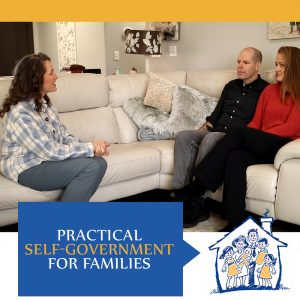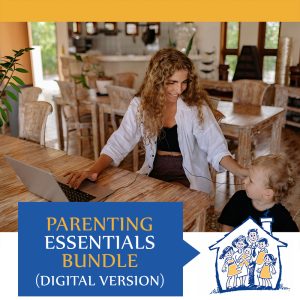Learning Behaviors: Teaching Skills To Children
My good friend, Jodie Palmer, sent me this cute anecdote which happened when they were role playing the Four Basic Skills with their children.
“Our family has been playing the “instruction game” in the evenings before bed. We take turns giving each other instructions and then following them. Of course we have lot’s of clapping and celebrating as everyone completes their instruction with an “I did it!” The other evening daddy gave our 2-year old son an instruction to give his 4-year old sister a big hug. Usually, an enthusiastic completer of instructions, he scrunched up his little face and said, “I’ll take a consequence.”
I am so impressed with this story for amultiple reasons. First, Jack, the two year old, already understands cause and effect because his parents have a great family government already. Second, Jack can say consequence. (I can just hear is sweet voice saying that big word.) Third, Jack knows what a consequence is and is ready to accept it. Fourth, Jack knows what it means to follow instructions. And last, he already thinks girls are icky. (What a mature little man!)
This story is a perfect answer to the question I often get, “When can you start teaching this stuff to children?”
The answer is, from the time they can understand your words. Free them from the beginning. Teach them cause and effect. Practice better ways to do things before the wrong ways happen.
Jodie talks about her family’s “instruction game,” and mentions it is a regular activity. So, each night, this sweet family gathers together and practices good behaviors. They practice the four basic skills and make it fun and unifying. If a family is going to get into the habit of working together and feeling united, they will need practice. Why not practice each day? It’s fast and easy, and gives lots of opportunities to praise. Also, if the practice happens regularly, and is positive then the behaviors will become learned and automatic.
Don’t wait until there is a problem to teach essential skills for happiness and respect. Teach them from the beginning. Point them in the right direction before you have a lot of correction to do. This is preventative parenting. It just makes sense.
However, if you haven’t thought about preventative parenting before, you can still effectively teach the skills children need for happiness and security. It looks different for older children, but is still very easy and effective.
Thanks for sharing such a sweet experience Jodie!
Here is a link to my companion cards to help with teaching children self-government skillshttps://parentingselfgovernment.com/store/cue-cards






